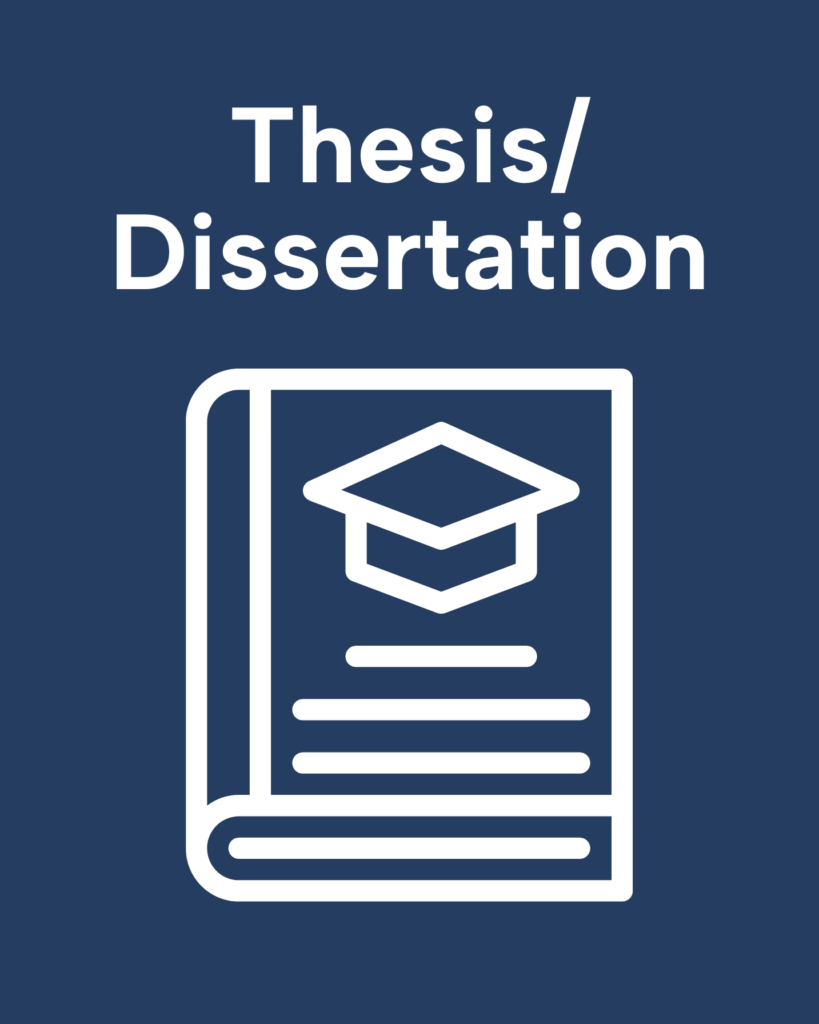Increasing access for Deaf clients to EMDR through an adapted EMDR-ASL protocol
A program is presented that adapts EMDR standard protocol in ASL to increase understanding and access to trauma-informed care for Deaf clients.
Thesis/Dissertation Abstract
“The project identified a way to communicate the intricacies of Eye Movement Desensitization and Reprocessing to Deaf clients through an ASL-using therapist. The problem addressed in this project is the lack of mental health options to help Deaf people overcome trauma. Although trauma is an extensive worldwide problem for the population in general, the prevalence of traumatic experiences for Deaf people is more than double that of their hearing counterparts. The people impacted by the problem are Deaf clients seeking EMDR therapy. The purpose of this project was to increase accessibility to trauma-informed mental health care by adapting the standard EMDR protocol by creating a four-step process that includes a basic explanation of EMDR, informed consent, a target setup, and Phases 4–7 of the eight-phase standard protocol in ASL to increase access and understanding for Deaf clients to EMDR, thus increasing therapeutic interventions available to help Deaf clients overcome trauma. The conceptual framework for this project combined information from two models: adaptive information processing (AIP) and cultural trauma theory. AIP is the foundation for EMDR. Cultural trauma theory describes various situations in which different cultures can respond to common traumatic experiences. The project questions were: What changes need to be made to ensure a protocol adapted for Deaf clients is culturally and linguistically sensitive, and what is important to include in an adapted protocol for Deaf clients? The EMDR-ASL protocol used a qualitative, nonprobability, purposive design with discourse analysis. The methodology for this project included semistructured interviews with three SMEs, two Deaf ASL users, and one hearing, ASL-using EMDR-certified therapist. The qualitative design was decided on because the project is a social and behavioral project based on gaining information from Deaf contributors.”
—Description from publisher
Thesis/Dissertation Access
Open Access
Quinones, M. (2025). Increasing access for Deaf clients to EMDR through an adapted EMDR-ASL protocol. [Dissertation-in-Practice, National University]. National University John F. Kennedy School of Social and Behavioral Sciences. ProQuest Dissertations, 32173760. https://www.proquest.com/openview/fd2b5a806b6d5c93f5281781efef1af2/1?pq-origsite=gscholar&cbl=18750&diss=y
Date
July 1, 2025
Creator(s)
Michelle Quinones
Client Population
Disabilities
Practice & Methods
DEI/IDEA
Rights
© Michelle Quinones, 2025
APA Citation
Quinones, M. (2025). Increasing access for deaf clients to EMDR through an adapted EMDR-ASL protocol. [Dissertation-in-Practice, National University]. National University John F. Kennedy School of Social and Behavioral Sciences. ProQuest Dissertations. https://www.proquest.com/openview/fd2b5a806b6d5c93f5281781efef1af2/1?pq-origsite=gscholar&cbl=18750&diss=y
Audience
EMDR Therapists
Language
English
Content Type
Thesis/Dissertation
Access Type
External Resource, Open Access





